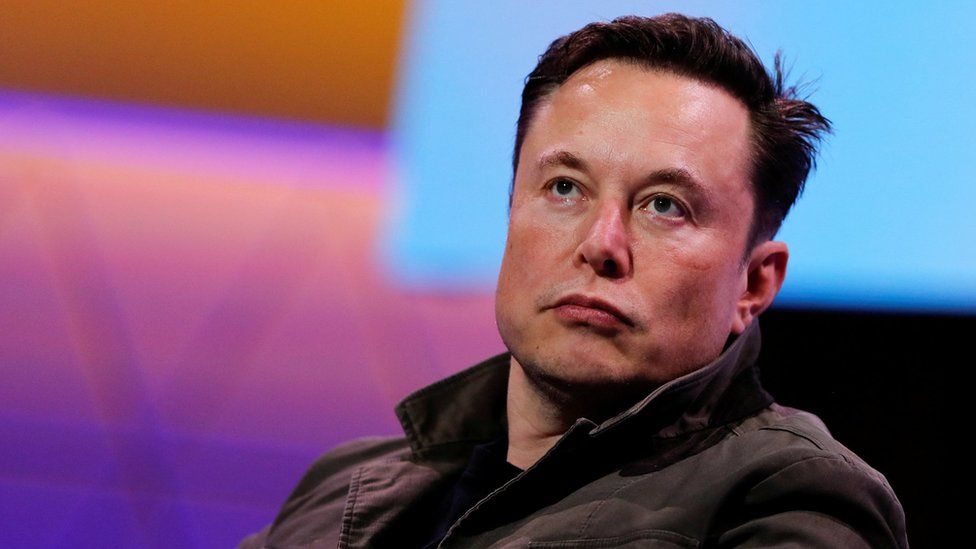Elon Musk’s DOGE Pushes for Blockchain Transparency in U.S. Government Spending
09.02.2025 17:00 2 min. read Kosta Gushterov
Elon Musk’s Department of Government Efficiency (DOGE) has made notable strides in reducing U.S. government spending, saving taxpayers an impressive $36.7 billion.
This initiative is a small part of Musk’s broader ambition to slash federal expenses by up to $2 trillion. Musk’s vision, which he revealed during a January interview, has sparked discussions about improving financial transparency using blockchain technology.
The push for increased government transparency has gained support from figures like Brian Armstrong, CEO of Coinbase. Armstrong highlighted the potential for blockchain’s transparent, public ledger system to reshape how government spending is tracked. By making all transactions visible in real time, blockchain could drastically improve audit processes and accountability. Armstrong suggested that the ability to view these transactions on-chain would bring much-needed clarity to the public.
DOGE’s progress isn’t stopping at financial savings; it has also uncovered a $100 billion loophole in government spending. This loophole involves entitlement payments being issued to individuals lacking proper identification, raising concerns about fraud. Musk’s team believes that at least half of these payments could be fraudulent, potentially wasting $50 billion annually. As part of its efforts to address this, DOGE has proposed stricter tracking measures, including mandatory categorization codes for payments and more frequent updates to government fraud lists.
Jean Rausis, co-founder of Smardex, emphasized that implementing blockchain for the U.S. Treasury could revolutionize the financial system, positioning the country as a global leader in blockchain innovation. He noted that a decentralized, permissionless system would ensure true transparency, something that centralized approaches fail to provide.
Since its launch on January 21, DOGE has already saved billions, with its official goal set for July 2026, when the project aims to deliver a more efficient government. With reforms on the horizon, the potential impact of Musk’s agency could be transformative for both the public sector and the broader crypto space.
-
1
German State-Owned Development Bank Issues €100 Million Blockchain Bond
11.07.2025 7:00 2 min. read -
2
Cardano and Ethereum Lead in Developer Activity as GitHub Commits Surge
14.07.2025 12:00 1 min. read -
3
Ripple Powers UAE’s First Tokenized Real Estate Project via XRPL
16.07.2025 21:00 2 min. read -
4
Tether Ends Support for Five Blockchains in Infrastructure Shift
12.07.2025 11:30 2 min. read -
5
BNB Chain Upgrades and Token Delistings Reshape Binance Ecosystem
16.07.2025 22:00 2 min. read
Wall Street Moves Onchain: Tokenized Finance Enters its Breakout Era
The tokenization of real-world assets (RWAs) has entered a new phase in 2025—no longer a concept, but a confirmed trajectory.
Vietnam Launches National Blockchain to Digitize Government and Citizen Services
Vietnam has officially launched NDAChain, a national blockchain infrastructure designed to underpin its digital transformation strategy.
Solana Plans 66% Block Upgrade to Boost Network Capacity
Solana developers have introduced a new proposal aimed at pushing the network’s performance even further.
Chainlink Partners With Westpac and Imperium to Tokenize Finance in Australia
Chainlink has announced a major institutional partnership with Westpac Institutional Bank and Imperium Markets as part of Project Acacia—a joint initiative involving the Reserve Bank of Australia and the Digital Finance Cooperative Research Centre (DFCRC).
-
1
German State-Owned Development Bank Issues €100 Million Blockchain Bond
11.07.2025 7:00 2 min. read -
2
Cardano and Ethereum Lead in Developer Activity as GitHub Commits Surge
14.07.2025 12:00 1 min. read -
3
Ripple Powers UAE’s First Tokenized Real Estate Project via XRPL
16.07.2025 21:00 2 min. read -
4
Tether Ends Support for Five Blockchains in Infrastructure Shift
12.07.2025 11:30 2 min. read -
5
BNB Chain Upgrades and Token Delistings Reshape Binance Ecosystem
16.07.2025 22:00 2 min. read


